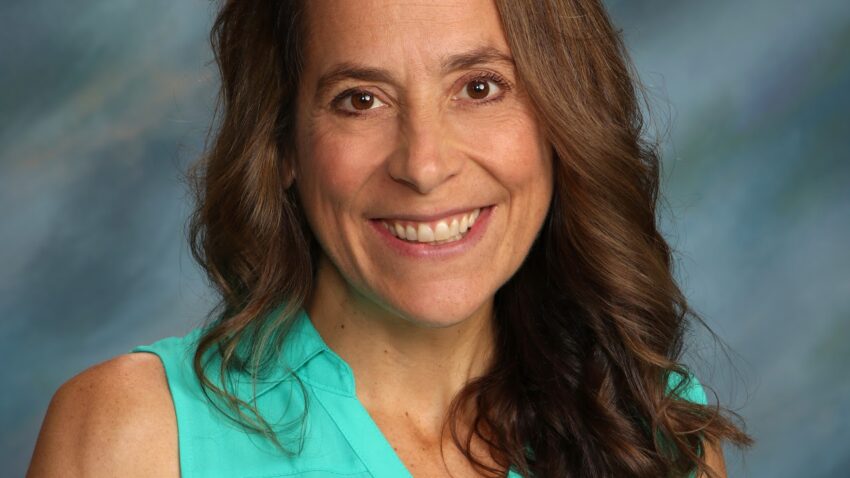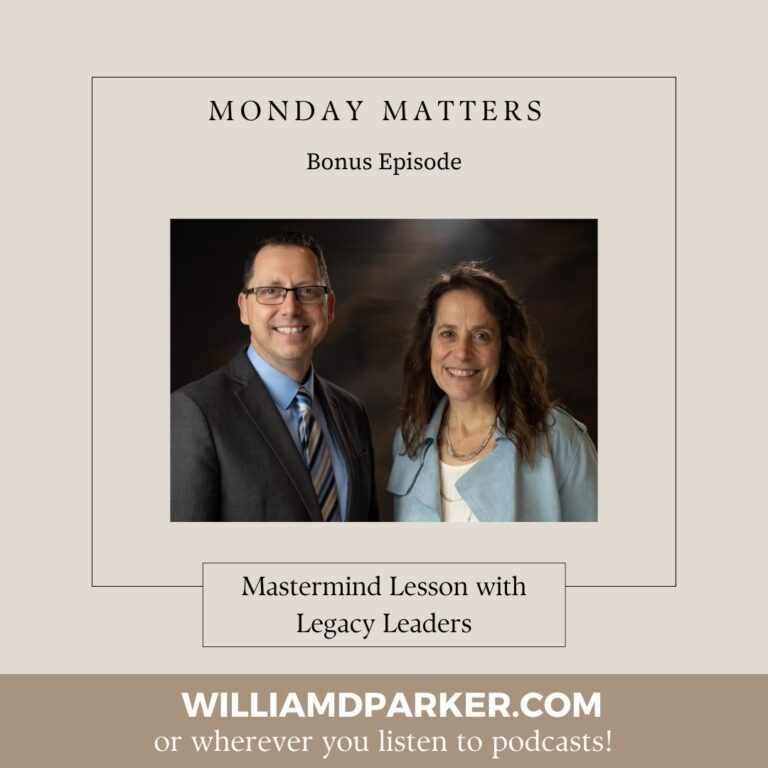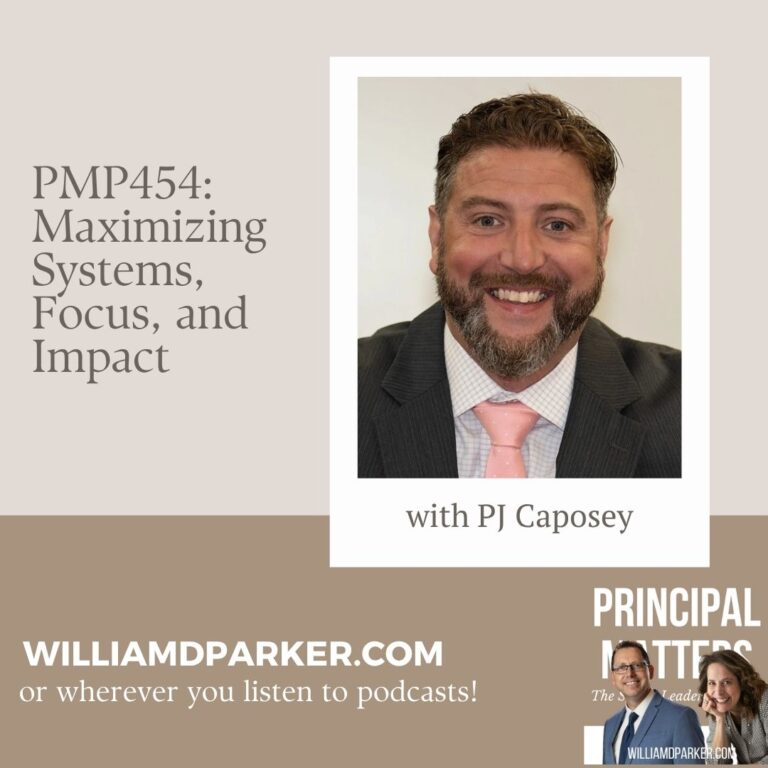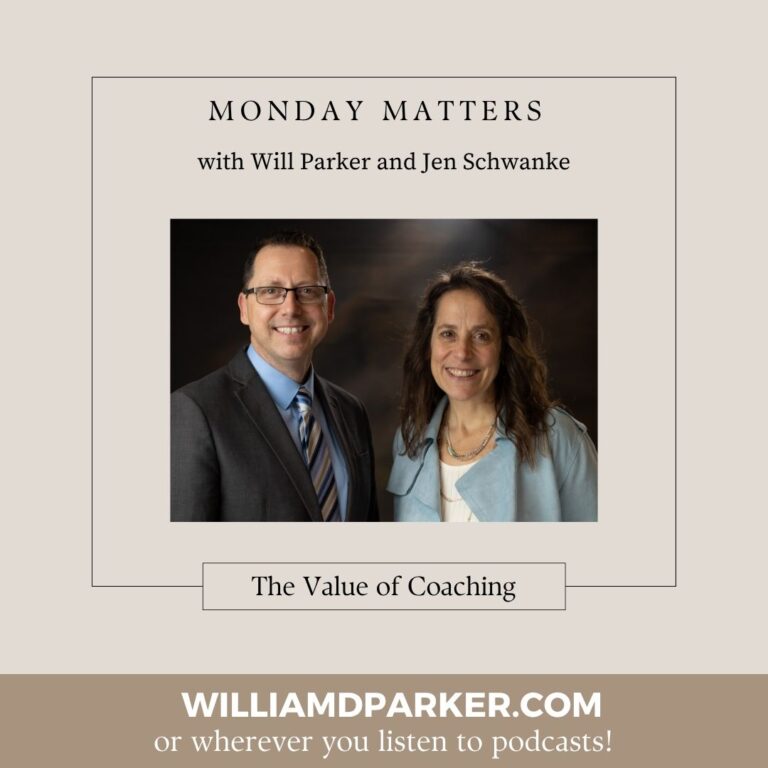Podcast: Play in new window | Download
This week I reconnected with Principal Jen Schwanke, Principal of Indian Run Elementary, author and education consultant, for reflections on what re-opening has looked like for her school in Dublin, Ohio.

Together we explored some lessons she’s already learning that may be helpful for your leadership. Listen to the entire podcast episode for even more valuable takeaways in Jen’s own words. Here’s a condensed summary of our talk together:
Lessons Learned in Re-Opening School with Jen Schwanke
Jen Schwanke has been an educator for 23 years, teaching or leading at all levels. She is the author of two books: You’re the Principal! Now What? Strategies and Solutions for New School Leaders, and The Principal ReBoot.: 8 Ways to Revitalize Your School Leadership. She has written for Choice Literacy, Education Week Teacher, Principal, and Principal Navigator. Follow her on Twitter @jenschwanke.

WDP: What are some lessons you’ve been learning while leading in a pandemic?
Jen: Be careful with the comparison game. It’s easy to look at others and ask if you should be doing what they are doing. Stay focused on your community and what you can control, not what you cannot control. Remember the essentials that work in the conditions you have managed before. Teachers are struggling, not only with teaching, but if they are parents, they are also managing the learning of their own children.
As my school started all remote, some families have opted to stay remote through the end of first semester. This meant reassigning some staff to support these fully remote learning options. Reassignments have been a challenging but important time. Soon students will return for in-person instruction with only a percentage of the population returning on certain days. As numbers change across the state, guidance also changes.
Sometimes this has created a lot of stress for schools as they adjust to different messages coming from health officials. Thankfully, students are resilient. When students return, teachers will be focusing first on new processes and procedures.
WDP: Even with careful planning, I’m sure you’ve had to manage resistance. How have you managed resistance in these new expectations?
Jen: First, our district leadership has been modeling well for us. By creating a hybrid model that is slow, deliberate and careful, all parents are getting a little of what they want. When resistance comes, there is an answer (including talking points) for how to navigate the questions. The majority of people do have a lot of patience and grace. But it has been helpful to create a website where parents can go to see plans and samples.
Also, we provided sample student schedules for how they can manage learning at home. With sample schedules in hand, teachers were able to build their lessons to support and match those expectations. I’ve also had to learn how to push back on the overwhelming number of vendors trying to sell digital and curriculum tools to teachers. As these came into the school, we provided a list of approved providers so that teachers were not purchasing or subscribing to unvetted resources.
WDP: How would you describe how students are coping?
Jen: Every student is different. Some love distance learning while others loath it. Some have parent support. Others have less support. If I had to choose, I would say students are feeling OK. They are coping just like the rest of us with something they cannot control. I am overcome with pride for them, however. They are resilient and figuring out how to move forward.
WDP: What other ways are you supporting parents?
Jen: The challenge has been to help students to gain more and more independence so that their parents can feel supported. Slowly, teachers are finding ways to help even the youngest students find ways to log-in, learn and find ways to learn.
WDP: How has leading in a pandemic influenced you personally and professionally?
Jen: I keep reminding myself that I’m not paid to have an opinion. I’m paid to take care of student safety and learning, and I’m expected to communicate and empower my teachers to help them reach those goals. If I remember what I’m paid to do, I remember I’m not paid to be upset about pandemic conditions or buses running late.
Also, for administrators who are parents, you must keep those roles separate. When you talk to parents, be the principal, not the mom or dad. Take care of your own children when you have on your “parent” hat. But keep that separate when communicating with parents. They need to know how you’ll support THEIR kids.
Let’s also keep our sense of humor. You do not need to lose your soul while managing difficult times. Keep embedding fun and laughter into your school culture, no matter what.
WDP: What are your hopes and fears for the new school year?
Jen: Kids are often less prone to outrage than adults. And they are incredibly resilient. That gives me hope. Also, we have an opportunity to envision what school can be after this pandemic. Our communities need our schools more than ever. Schools, however, can use hybrid approaches to rethink some of the traditional models we’ve used for so many years before. My fear? How do we address the vast inequities that this pandemic has amplified even more?
Let’s Wrap This Up
As you think about your experience in re-opening, you may relate to some of Jen’s lessons. What is one step you can take today to keep your focus on what you can control, not just want you cannot control? Also, give yourself permission to look for joyful moments even in the new expectations, and remind your team members of how amazing they really are for doing what matters.
Check out Jen’s new website!
As Jen leads her school, she is also generating content and resources for school leaders. You can check out her updated website at jenschwanke.com to find out more about her books and education consulting options!


